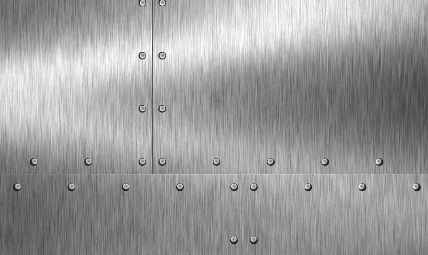Enval’s pioneering technology will provide the recycling solution for a project to assess the feasibility of including flexible laminate packaging, such as food and drink pouches, pet food pouches and toothpaste tubes, in existing household recycling schemes. The project is being conducted in partnership with Anthesis LRS, SUEZ environnement, Nestlé UK & Ireland, and Coca-Cola Enterprises.
Funded by the Department for Environment, Food and Rural Affairs (Defra) Action Based Research programme, the nine month trial began on 16 February, targeting locations across the country. The collections and initial sorting are being managed by SUEZ environnement. Enval will recycle the material at their commercial demonstration facility at the Alconbury Enterprise Zone, near Huntingdon.
The trial will cover 260 households, in local authority areas of Bracknell Forest Council, London Borough of Hounslow and Calderdale Council. Different methods of engaging with residents and collecting the material at the kerbside are being tested and the results of the trials will help determine best practice to increase the amount of flexible laminate packaging collected and recycled in England. They will also provide insight into how different communications approaches, consumer behaviour and brands influence collection models across different demographics.
These trials are providing an important opportunity to prove that we can successfully capture and recycle the valuable aluminium, as well as recover the plastics as a fuel oil product.
Dr Carlos Ludlow-Palafox
Dr Carlos Ludlow-Palafox, Managing Director, Enval, said: “These trials are providing an important opportunity to prove that we can successfully capture and recycle the valuable aluminium, as well as recover the plastics as a fuel oil product. This will present a solid business case for Enval’s microwave induced pyrolysis technology to be bolted on to existing materials facilities and help increase levels of recycling across the UK.”
Flexible laminate packaging has been widely adopted by fast-moving consumer goods (FMCG) companies to improve product to pack weight ratio, and reduce the transport costs and environmental impact attributable to packaging. Its popularity is also driven by the functionality that aluminium provides as a barrier, protecting products from oxygen, moisture and light.
The UK uses more than 160,000 tonnes of flexible laminate packaging each year, containing more than 17,000 tonnes of aluminium. When unrecyclable, this is a massive problem. With a recycling solution, rigorous life cycle analysis indicates it to be a highly sustainable packaging solution as well as a substantial commercial opportunity, with a potential revenue stream of approximately £200 million a year in Europe from the sale of aluminium alone.
Enval has created the first solution to recycle laminate packaging and retrieve the valuable resources contained within it. The patented process is based on a technology known as microwave induced pyrolysis, a pyrolytic process in which microwave energy is used to heat and degrade plastics into useful pyrolysis oils. The fragile aluminium foil remains undamaged and can be extracted clean and ready to be reintroduced into the aluminium supply chain. Life cycle analysis shows that the aluminium obtained via this process has a carbon footprint 72% lower than that of primary aluminium.
Resource Management Minister Dan Rogerson said: “Defra is pleased to support this project, which is part of the government’s wider approach to enabling businesses to be more sustainable. I look forward to seeing the results of these innovative studies which could lead to us extracting more value from our resources.”
Stuart Hayward-Higham, Technical Development Director, SUEZ environnement, said: “The outcomes of the trials will enable project partners and other industry stakeholders to evaluate the potential to include flexible laminate packaging in mainstream recycling collections in the UK, which SUEZ environnement is keen to explore.”











